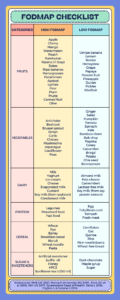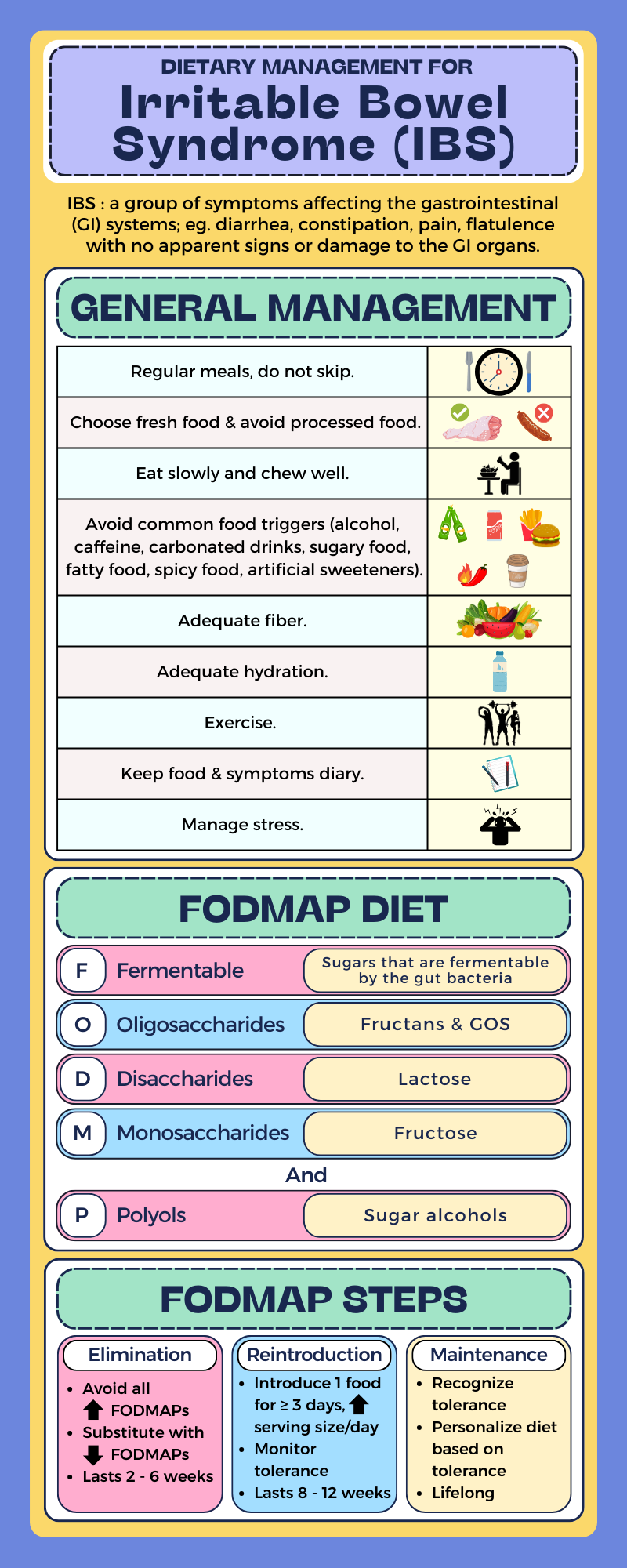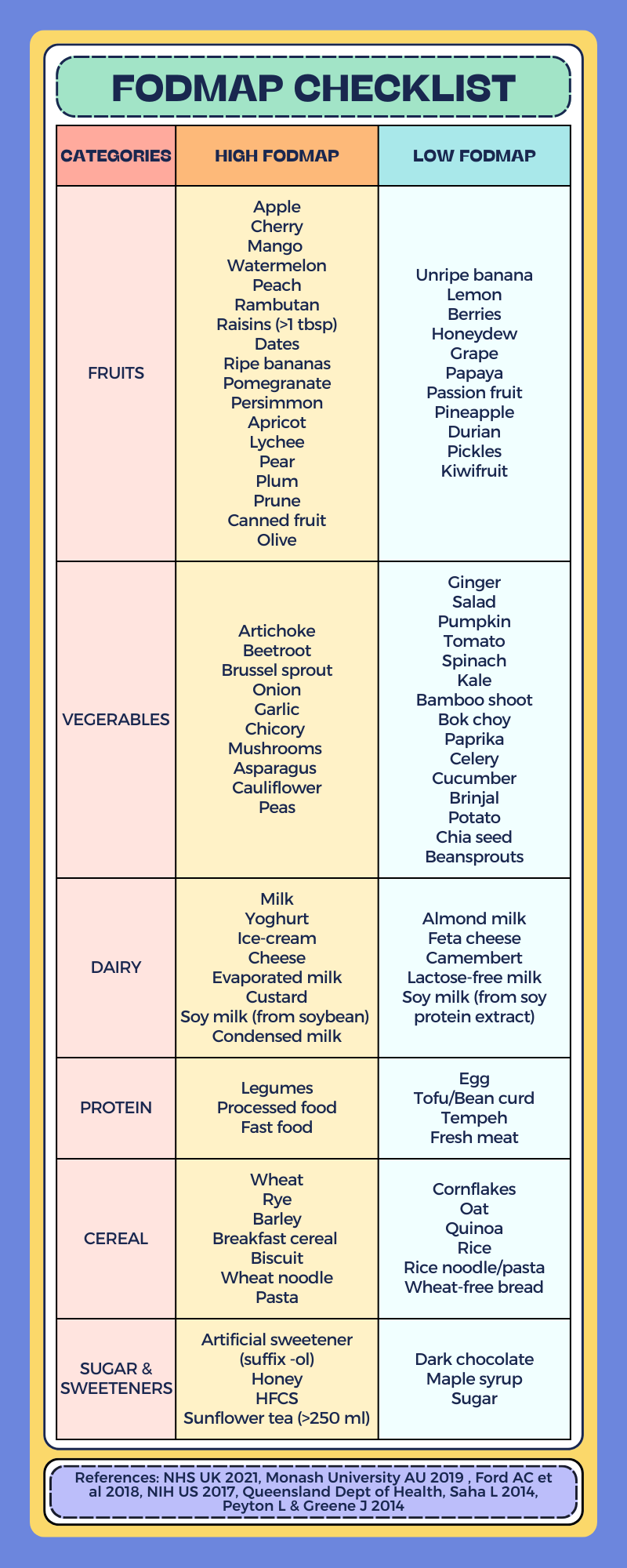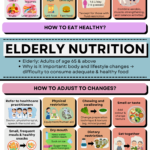Irritable bowel syndrome (IBS) is a group of symptoms affecting the gastrointestinal (GI) systems. The symptoms may include abdominal pain, cramp, changes in the bowel movement either diarrhea or/and constipation, flatulence, altered bowel habit, nausea, abdominal fullness and mucus discharge in the stool. Unlike inflammatory bowel disease (IBD), patients with IBS have these symptoms without any apparent signs nor damage to the digestive tract.
肠易激综合征(IBS)是一种影响胃肠道(GI)系统的症状。其症状包括腹痛、痉挛、排便变化(腹泻或/和便秘)、胀气、排便习惯变化、恶心、腹胀和粪便中出现粘液。与炎症性肠病(IBD)不同,IBS患者出现这些症状时没有任何明显的体征,消化道也没有任何损伤。
IBS is subdivided into IBS-C which is when constipation is most common, IBS-D if diarrhea is most common, IBS-M when there is a mix of constipation and diarrhea, and IBS-U, or unclassified if the stool does not meet the criteria of IBS-C, D or M. IBS is normally a lifetime condition, which will come and go over time, and may last from days to months. The specific cause of IBS is unknown, but it has been associated with altered GI motility, hypersensitivity of the gut, inflammation, brain-gut interaction, alteration of the gut microbiota, carbohydrate malabsorption, bacterial overgrowth, post-infection reaction and food sensitivity. While there is no cure to IBS, medicines and dietary changes might aid in controlling the symptoms.
IBS可分为IBS-C(最常见是便秘)、IBS-D(最常见腹泻)、IBS-M(便秘和腹泻混合)以及IBS-U(未分类,当粪便不符合IBS-C、IBS-D或IBS-M的标准)。IBS通常是一种终身疾病。它会随着时间的推移而时有时无及可能持续数天到数月。IBS的具体病因尚不清楚,但它与胃肠道运动改变、肠道过敏、炎症、脑肠相互作用、肠道菌群改变、碳水化合物吸收不良、细菌过度生长、感染后反应和食物敏感性有关。虽然IBS无法治愈,但是药物和饮食改变可能有助于控制其症状。
Currently there is no precise dietary management that is proven to treat IBS, rather it depends individually on the symptoms of the patients. The general recommendation are as below:
目前,尚无确切的饮食管理方法被证明可以治疗IBS,而是取决于患者的个体症状。一般建议如下:
- Regular meals throughout the day, do not skip meals.
全天定时进餐,不要跳过餐点。
- Choose fresh food and avoid processed food.
选择新鲜食物,避免加工食品。
- Do not rush when eating, and chew the food well.
吃饭时不要着急,要充分咀嚼食物。
- Avoid common food triggers, which are alcohol, caffeine, carbonated drinks, sugary food and beverages, rich and fatty food, spicy food, artificial sweeteners such as aspartame, mannitol and sorbitol.
避免常见的食物诱因,包括酒精、咖啡因、碳酸饮料、含糖食物和饮料、油腻食物、辛辣食物、人工甜味剂如阿斯巴甜、甘露醇和山梨醇。
- Adequate fiber of at least 3 servings of vegetables with 2 servings of fruits, and include wholegrain, legumes, seeds and nuts.
至少含有足够纤维的3份蔬菜和2份水果,并包括全麦、豆类、种子和坚果。
- Drink enough water of about 8 glasses or around 2 liters per day.
每日饮用大约8杯或2升的水。
- Exercise for at least 150 minutes per week.
每周运动至少150分钟。
- Keep food and symptoms diary.
每日记录饮食和症状。
- Relax and de-stress.
放松和减压。
Patients with IBS may also be prescribed a low FODMAP diet to manage their discomfort. FODMAPs refers to a group of short-chain sugars that are not digested or absorbed fully in the intestines. Precisely, FODMAPs stands for fermentable oligosaccharides, disaccharides, monosaccharides and polyols. Fermentable refers to the process in which the sugars are fermented by the bacteria in the gut due to the nature of them being indigestible, resulting in gas production. Oligosaccharides (that can be fermented only) include fructans and galacto-oligosaccharide, disaccharides include lactose, monosaccharides consist of fructose, while polyols are sugar alcohols.
肠易激综合征患者也可以服用低FODMAP饮食来缓解不适感。FODMAPs是指一组无法在肠道中完全消化或吸收的短链糖。准确来说,FODMAPs代表可发酵的寡糖、双糖、单糖和多元醇。可发酵指的是糖类不可消化的性质,在肠道中被肠道细菌发酵,从而产生气体的过程。寡糖(只能进行发酵)包括果聚糖和低聚半乳糖、双糖包括乳糖、单糖由果糖组成,而多元糖则是糖醇。
In the small intestine, these sugars transit slowly, attracting water to them. Meanwhile in the large intestine, the FODMAPs get fermented by the intestinal bacteria, which in turn leads to gas production. The gas and water causes the intestinal wall to stretch and expand. This process happens to everyone, but in people with IBS, the gut is more sensitive, which makes them feel a more intense sensation of pain and discomfort from the stretch.
在小肠中,这些糖分运输缓慢,从而吸引水分。同时在大肠中,FODMAPs被肠道细菌发酵,进而产生气体。气体和水分会导致肠壁伸展和扩张。这个过程会发生在每个人身上,但对于肠易激综合征患者来说,他们的肠道更加敏感,这会让他们感受到更强烈的疼痛感和拉伸不适感。
FODMAPs can be found in many foods and additives.There are 3 steps to a FODMAP diet. The steps are as below:
FODMAPs存在于许多食物和添加剂中。FODMAP饮食可分为3个步骤。步骤如下:
- Step 1: Low FODMAP Diet
步骤1:低FODMAP饮食
In this step, patients are required to avoid high FODMAP foods in their daily diet and substitute them for low FODMAP alternatives. This step typically lasts between 2 to 6 weeks.
在这个步骤中,患者需要在日常饮食中避免高FODMAP食物,并用低FODMAP替代品代替。此步骤通常持续2至6周。
- Step 2: FODMAP Reintroduction
步骤2;重新引入FODMAP
In this step, patients can reintroduce the high FODMAP foods that are previously limited by stages. Patients should introduce one FODMAP food at a time for over three days, where with each day the serving size should be increased. Patients should monitor tolerance towards the FODMAP food reintroduced. This step normally will last for over 8 to 12 weeks.
在这个步骤中,患者可以阶段性地重新引入高FODMAP食物。患者应一次引入一种FODMAP食物,持续三天以上,并且每天增加其摄入量。患者需监测对重新引入FODMAP食物的耐受性。这步骤通常会持续8至12周以上。
- Step 3: FODMAP Personalization
步骤3:FODMAP个性化
After step 2 is completed, patients should be able to recognize what FODMAP food they can and cannot tolerate. From this, they should be able to personalize their diet by consuming high FODMAP food that they can tolerate and substituting intolerable high FODMAP food with the alternatives.
完成第2步骤后,患者应该能够识别他们可以和不能耐受的FODMAP食物。这样,他们应该能够通过食用他们可以耐受的高FODMAP食物,并用替代品来代替他们无法耐受的高FODMAP食物来个性化他们的饮食。
If you are experiencing any GI symptoms and suspect that you might be having IBS, consult your general practitioner for accurate diagnosis. Avoid making any changes without advice from the healthcare professionals as you might unnecessarily limit your nutrients intake.
如果您出现任何肠胃道症状,并怀疑自己可能患有肠易激综合征,请咨询您的医生以获取准确的诊断。避免在没有得到医疗保健专业人士建议的情况下做出任何改变。因为这将导致您可能会限制您的营养摄入量。








